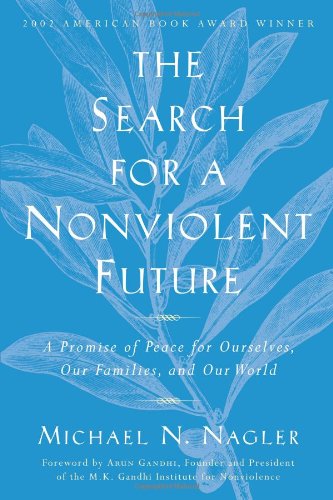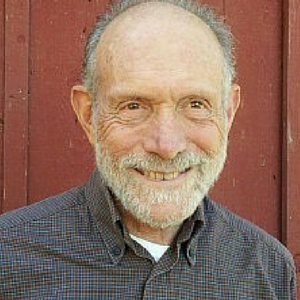“The only way love punishes is by suffering.” ~ Gandhi, Mahatma, II: 87
Just as William James spoke of the “moral equivalent of war,” in the universe of nonviolence there is a precise “equal but opposite” equivalent to every feature of violence. Gandhi hit on this one early, when some teenagers misbehaved in his first community experiment in South Africa. Since “In an ashram (spiritual community), punishment is out of the question,” he was forced to discover the nonviolent equivalent: he fasted. It worked brilliantly. And was a fundamental principle in nonviolence, aka love in action.
Have you ever “punished” unruly behavior by taking on suffering yourself? If so, how did it work out? Tell us about your nonviolence experiment in the comments below.
About Daily Metta
 Stephanie Van Hook, the Metta Center’s executive director, launched Daily Metta in 2015 as a way to share Gandhi’s spiritual wisdom and experiments with nonviolence.
Stephanie Van Hook, the Metta Center’s executive director, launched Daily Metta in 2015 as a way to share Gandhi’s spiritual wisdom and experiments with nonviolence.
Our 2016 Daily Metta continues with Gandhi on weekdays. On weekends, we share videos that complement Michael Nagler’s award-winning book, The Search for a Nonviolent Future: A Promise of Peace for Ourselves, Our Families, and Our World. To help readers engage with the book more deeply, the Metta Center offers a free PDF study guide.
Enjoy more Daily Metta: See the archives
Get Daily Metta by email: Subscribe









I tend to disagree with Gandhi on this approach. I think it creates a sense of guilt in the wrongdoer that does not occur if there is appropriate “punishment” or, better yet, restorative justice. Perhaps it is different for saintly figures, but for most of us mortals, I think we may inflict more suffering on the other person by taking what may seem as unjust suffering upon ourselves.
I think that in this case, Gandhi felt he was partly to blame for what happened, not turning to fasting to make the children feel guilty, but showing that he felt responsible and he was going to take that on. This can awaken people to their own part in things, too, and I think that is what “worked” here. No one wants to take responsibility. Instead of passing it on or putting it on the shoulders of someone else, you show that you are involved, too. even in restorative justice, this can be missed. It’s not about the kids, it’s about the model we uphold and our willingness to accept blame. That’s what makes it a different story for me and gives me pause. and again, it’s an experiment, right? Even Gandhi was experimenting. -Stephanie